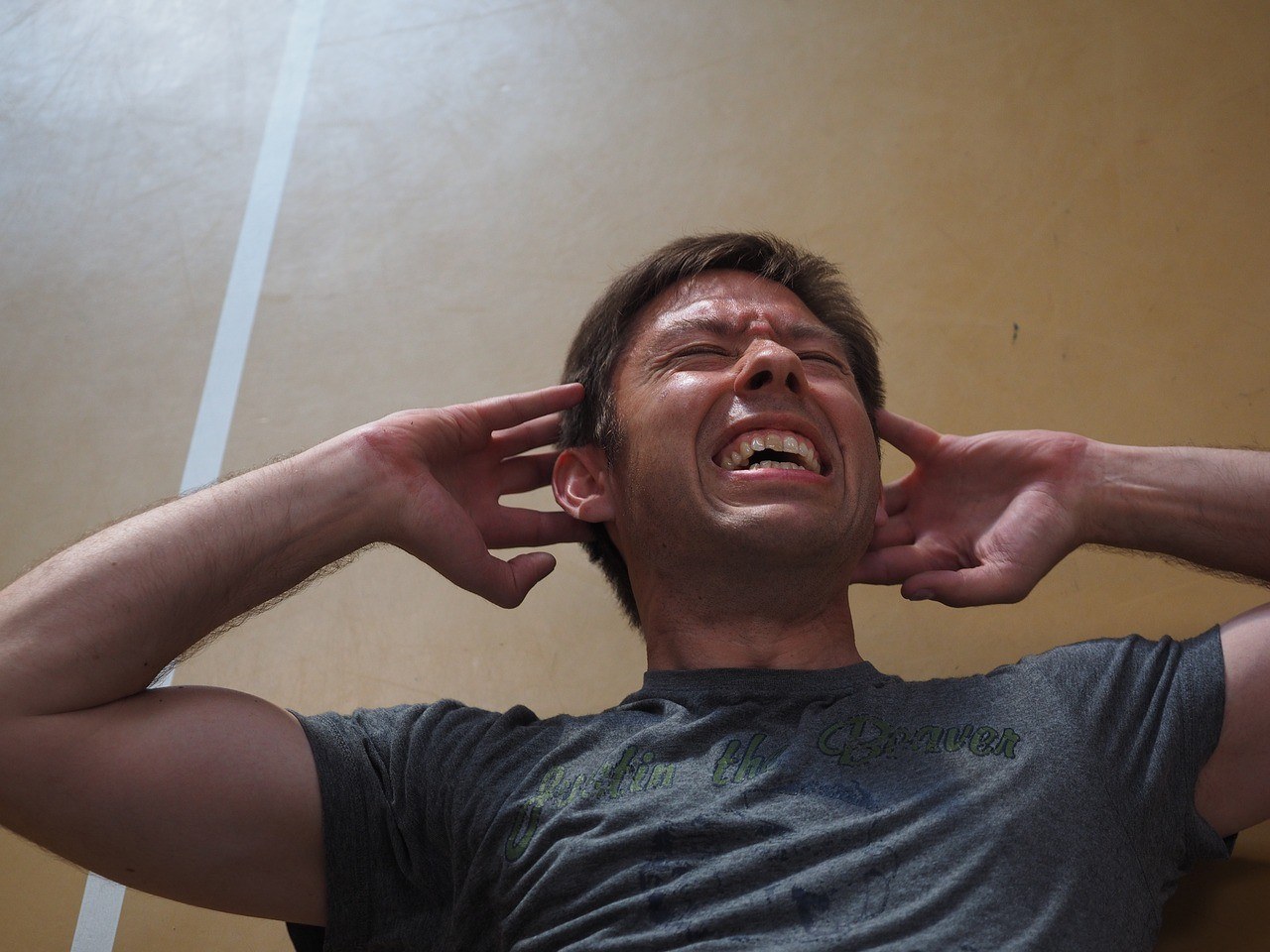How to Stop Clenching and Grinding Your Teeth
How to Stop Clenching and Grinding Your Teeth
Bruxism, a condition during which you clench or grind your teeth, often at night while you sleep, can cause pain, tooth damage, and other uncomfortable problems.
Do you clench or grind your teeth?
You might not even realize you’re doing it, especially if you grind while you sleep.
If you wake up with headaches, a sore jaw, neck pain, swelling around your jaw, or pain in your teeth, you might have been clenching or grinding your teeth overnight.
Many people unconsciously grind their teeth during the day, too, especially during times of stress.
In fact:
Stress and anxiety are the most common cause of bruxism.
See your dentist if you think you might be grinding and clenching your teeth, but in the meantime, here are some things you can do:
How to Stop Bruxism
1: Effectively manage stress
Since stress and anxiety are the leading cause of tooth clenching and grinding, the most effective way to overcome bruxism is often stress management.
None of us will ever live a completely stress-free life.
A certain amount of stress is actually good for our health.
However, being too stressed without having the tools to mitigate it can be disastrous to physical and mental health.
Even if you’re only going through a temporary tough time, it might be worth your time and money to enlist professional help from a counselor.
Positive relationships, constructive activities, and creative outlets also help.
Reduce the amount of negative stress in your life.
Your teeth and your overall health will greatly benefit.
2: Get properly aligned
Misalignment of the teeth or bite can cause problems with grinding and clenching, and if that’s the case, getting aligned by a qualified orthodontist can help.
See your dentist for a proper diagnosis.
Even if your bruxism wasn’t caused by misalignment, the pressure can wear down tooth enamel, cause bite problems, and aggravate any existing issues.
You may need reconstructive efforts like crowns or overlays before you can begin treatment.
3: Wear a mouthguard to bed
For people who grind their teeth at night, a mouthguard might be the best solution.
Rather than stopping you from clenching or grinding, a mouthguard protects your teeth and cushions your bite so that the damage is greatly reduced.
Mouthguards are available over the counter at reasonable prices, but custom made guards from your dentist are often more comfortable, though they’re much more expensive.
If your bruxism is intermittent, wearing a guard is a viable short term solution.
4: Get better sleep
Restless, fitful sleep can aggravate bruxism and cause your grinding and clenching to worsen.
For better sleep, don’t consume stimulants like caffeine for 6 hours before bedtime, and avoid alcohol, too.
A comfortable mattress, a cool, dark room, and absolute quiet also help you get deeper, better sleep.
Relax.
Good quality sleep is great for your mind, your body, and your teeth.
5: Take a muscle relaxant
For particularly severe cases of bruxism, dentists might prescribe muscle relaxers.
By taking a muscle relaxant before bed, you prevent the muscles in your jaw from clenching involuntarily through the night, and some also put you to sleep faster.
Be careful, though.
Muscle relaxants can be habit forming and can have serious side effects, so try non-medicinal options first if you can.




